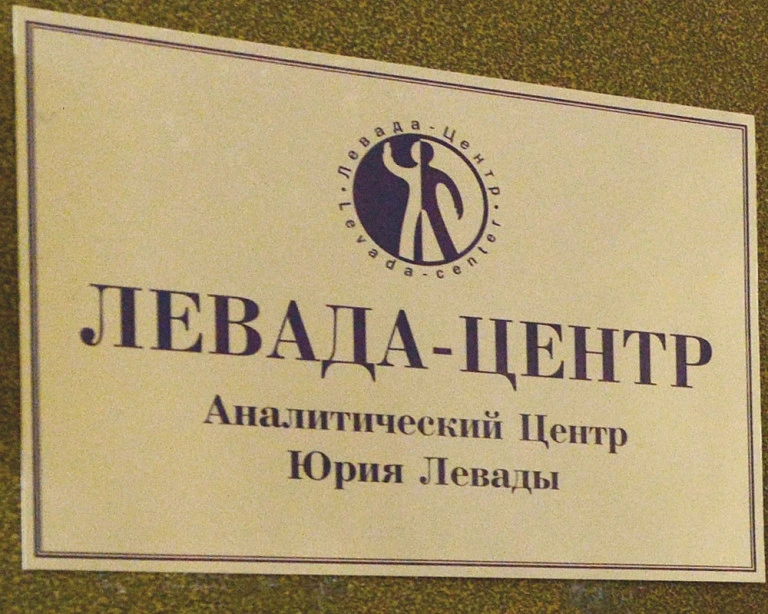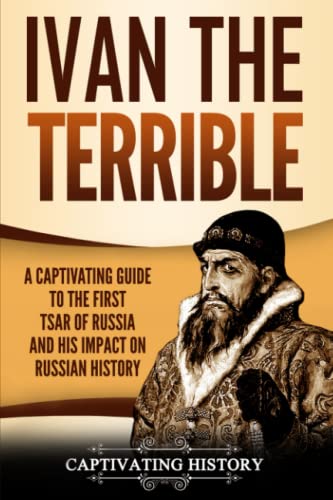The Levada Center has published new survey data showing a rise in the number of Russian citizens who support the suppression of anti-war demonstrations. According to the results, 42% of respondents believe the government should respond harshly to anti-war protests — up from 33% in August 2022. At the same time, the share of those who oppose restrictions on freedom of speech has declined from 57% to 45%.
Willingness to take part in political protests remains extremely low: only 8% of respondents said they would be ready to take to the streets. Just 12% believe that such protests are even possible in the coming months. Sociologists point out that expectations of protest activity are declining amid the authorities’ zero-tolerance stance, and society is showing signs of adapting to increasingly restrictive policies.
According to an anonymous source, the topic of political protest is now informally off-limits even within pro-government parliamentary parties. “A few years ago, it was assumed that protest sentiment could be channeled through controlled structures — parliamentary parties, environmental groups, or animal rights organizations. Now, the strategy has changed. Under pressure from the security services, the decision has been made to suppress all forms of dissent, including protests against decisions made by local authorities,” the source said.
Within the presidential administration, there is still a view that local demonstrations over social issues can help motivate regional authorities to resolve problems. However, in practice, even these kinds of protests are now subject to pressure.
Although a majority of respondents still formally oppose restrictions on freedom of expression, experts note that this position rarely translates into action due to the high level of repressive risk. “Society still remembers what freedom of speech is, but the vast majority prefer to stay silent — especially on issues related to the ‘special military operation’,” the source emphasized.
The current political model is reinforcing self-censorship and suppressing independent thinking. According to the source’s forecast, in the next one to two years, a majority of citizens may come to support a total ban on political protest, regardless of the issue. This shift is being facilitated by the evolution of official rhetoric, which increasingly frames protests as unacceptable — not only during the course of the war, but in principle.





















